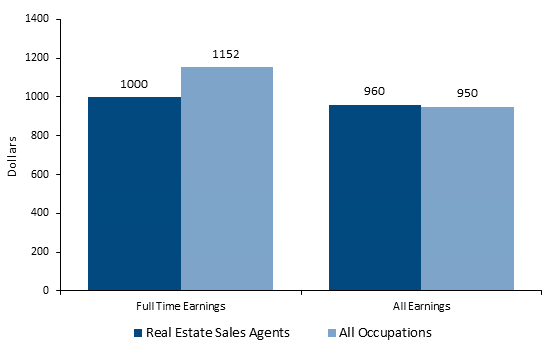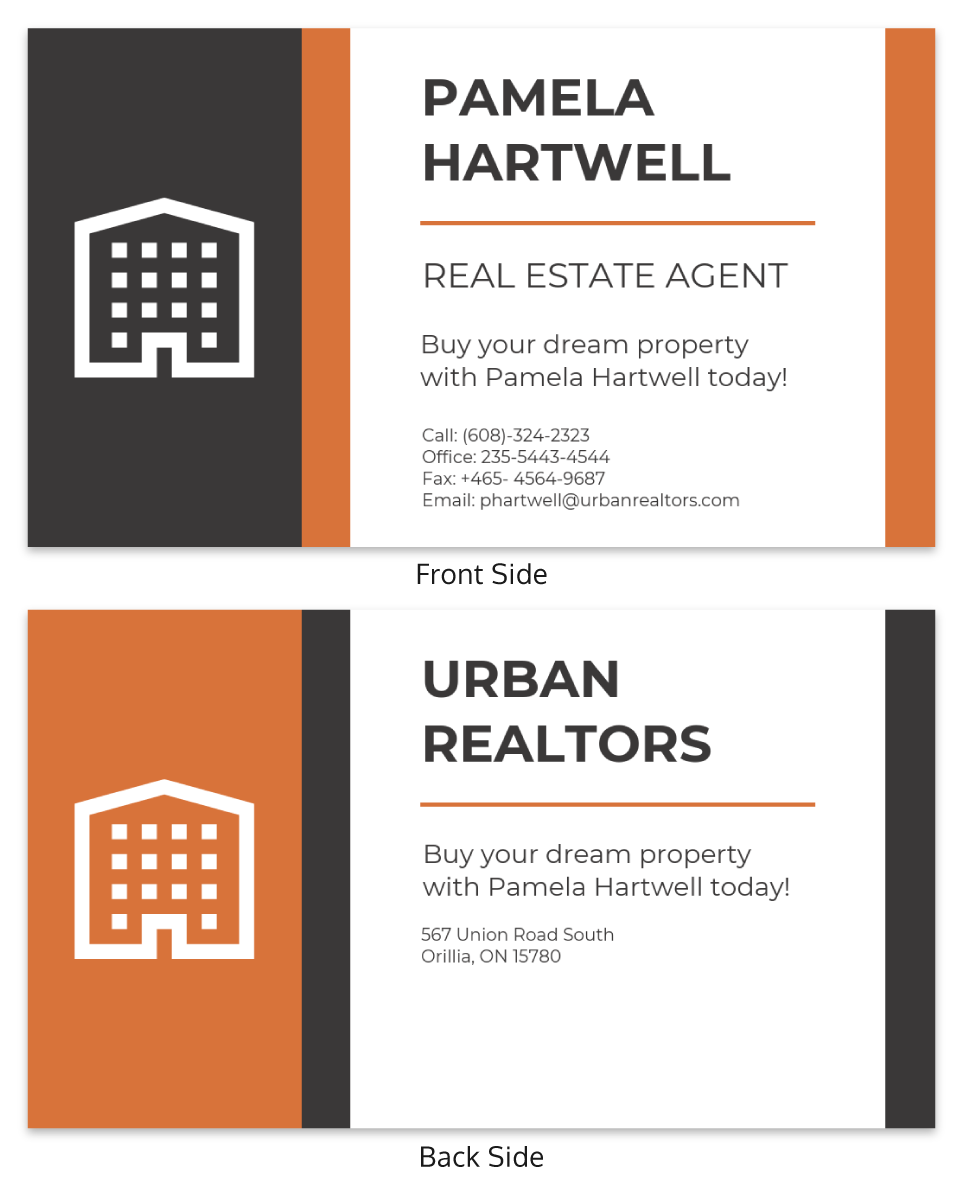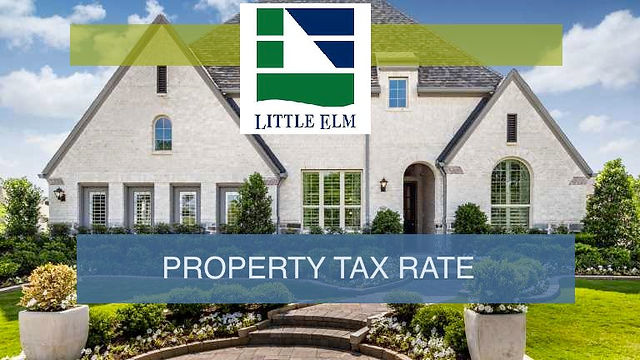
Minnesota has a number of requirements that you must meet to be eligible for a real-estate license. Minnesota Commerce Department works to ensure real estate agents have the necessary qualifications and are able to work in the State. The requirements for real estate agents include having to be at the least 18 years of age, being U.S. citizens and lawfully admitted aliens. Although most users are not concerned about citizenship, you could be denied a license in the event of any criminal history or unpaid judgments. You should also be aware that you can't get a license for unlicensed real property activity.
Pre-license education
Pre-license education is a crucial part of becoming licensed in Minnesota as a real estate agent. It can increase your chances for passing the exam, and it will also help you avoid having to take it again. In Minnesota, it takes four months to become licensed as a real estate agent. Pre-licensing is contingent on passing the exam, passing the education course and being sponsored by a licensed brokerage.
An excellent way to begin your education in Minnesota for your real-estate license is to take an online pre-license course. You can complete three 30-hour courses that will help you earn your license. These courses cover topics like valuation, financing, contracts and real estate principles. Online courses are available through providers such as ContinuingEd Express. You can choose to take the course online or live stream it.

You must continue your education
Minnesota real-estate salespeople must complete a minimum of fifteen hours annually in continuing education. That translates to 30 hours in total over a two-year renewal period. There are many ways to complete the required real estate CE, including online classes, on-demand webinars, and live courses. Kaplan offers both online and live courses to fulfill the state’s continuing education requirements. Kaplan's courses online are approved for 3.75 Hours of real estate CE.
Minnesota Real Estate Commission adopts a new system for real-estate CE credit. Real estate licensees must take at least eight hours worth of continuing education per day. However, they can only complete no more that 15 hours within 24 hours. Brokers and salespeople must take a pre-licensing CE module every year to be compliant with Minnesota's continuing education requirements. These courses give 3.75 hours of CE credit. They must also be completed by June 30, 2022. You can also take the course online, even if you don't have a live instructor. Some courses can be viewed live, and others are self-paced. Exam prep courses cover both national and state sections of the Minnesota licensing exam.
Exam
Minnesota requires that you pass an exam to obtain a license to sell real estate. This process helps protect the public by ensuring that the individual possesses a certain level of competence. The examination is used to determine if an individual follows the state's safe practice standard. Pearson VUE administers the Minnesota real estate licensing exam.
Minnesota's real estate license requires that applicants have successfully completed both a prelicense education program and passed the state exam. The state requires that applicants be at least eighteen years of age and a lawful permanent resident of the United States. Minnesota has reciprocity agreements with several other states, including Wisconsin. Minnesota does not require you to take a prelicensing program if you are a licensed agent from a reciprocal state. You can apply through the PULSE Portal and email a letter certifying your current license and pass the state portion of the exam. In Wisconsin, however, you must take a 13-hour Wisconsin-to-Minneseta prelicensing course.

Cost
To become a Minnesota real estate agent, the first step is to get a license. The process is virtually completely online, with the exception of the actual exam, which must be taken in person. This article will explain the process in detail, including what it will cost and how long it takes. We will also provide some resources and information about exam content.
Minnesota requires that real estate agents must complete at minimum 90 hours of prelicensing education. These can be completed online or via classroom classes. On-demand online courses are usually the most cost-effective. A package that includes three courses typically costs $200 to $300.
FAQ
Is it better buy or rent?
Renting is generally cheaper than buying a home. However, you should understand that rent is more affordable than buying a house. There are many benefits to buying a home. For example, you have more control over how your life is run.
How do I calculate my interest rates?
Market conditions can affect how interest rates change each day. In the last week, the average interest rate was 4.39%. Add the number of years that you plan to finance to get your interest rates. For example: If you finance $200,000 over 20 year at 5% per annum, your interest rates are 0.05 x 20% 1% which equals ten base points.
How can I fix my roof
Roofs can become leaky due to wear and tear, weather conditions, or improper maintenance. Roofers can assist with minor repairs or replacements. For more information, please contact us.
How long does it take to get a mortgage approved?
It all depends on your credit score, income level, and type of loan. It usually takes between 30 and 60 days to get approved for a mortgage.
Is it possible to get a second mortgage?
Yes. But it's wise to talk to a professional before making a decision about whether or not you want one. A second mortgage is used to consolidate or fund home improvements.
What should I consider when investing my money in real estate
It is important to ensure that you have enough money in order to invest your money in real estate. If you don’t have the money to invest in real estate, you can borrow money from a bank. It is important to avoid getting into debt as you may not be able pay the loan back if you default.
You must also be clear about how much you have to spend on your investment property each monthly. This amount should include mortgage payments, taxes, insurance and maintenance costs.
Finally, you must ensure that the area where you want to buy an investment property is safe. It is best to live elsewhere while you look at properties.
Do I need flood insurance
Flood Insurance protects from flood-related damage. Flood insurance protects your possessions and your mortgage payments. Learn more about flood coverage here.
Statistics
- Private mortgage insurance may be required for conventional loans when the borrower puts less than 20% down.4 FHA loans are mortgage loans issued by private lenders and backed by the federal government. (investopedia.com)
- When it came to buying a home in 2015, experts predicted that mortgage rates would surpass five percent, yet interest rates remained below four percent. (fortunebuilders.com)
- Some experts hypothesize that rates will hit five percent by the second half of 2018, but there has been no official confirmation one way or the other. (fortunebuilders.com)
- The FHA sets its desirable debt-to-income ratio at 43%. (fortunebuilders.com)
- 10 years ago, homeownership was nearly 70%. (fortunebuilders.com)
External Links
How To
How to Find an Apartment
Moving to a new place is only the beginning. This involves planning and research. It involves research and planning, as well as researching neighborhoods and reading reviews. You have many options. Some are more difficult than others. Before renting an apartment, it is important to consider the following.
-
Researching neighborhoods involves gathering data online and offline. Online resources include websites such as Yelp, Zillow, Trulia, Realtor.com, etc. Local newspapers, landlords or friends of neighbors are some other offline sources.
-
You can read reviews about the neighborhood you'd like to live. Yelp and TripAdvisor review houses. Amazon and Amazon also have detailed reviews. You can also check out the local library and read articles in local newspapers.
-
Make phone calls to get additional information about the area and talk to people who have lived there. Ask them what they liked and didn't like about the place. Ask them if they have any recommendations on good places to live.
-
You should consider the rent costs in the area you are interested. If you think you'll spend most of your money on food, consider renting somewhere cheaper. However, if you intend to spend a lot of money on entertainment then it might be worth considering living in a more costly location.
-
Learn more about the apartment community you are interested in. What size is it? How much does it cost? Is it pet-friendly What amenities does it have? Is it possible to park close by? Are there any special rules that apply to tenants?